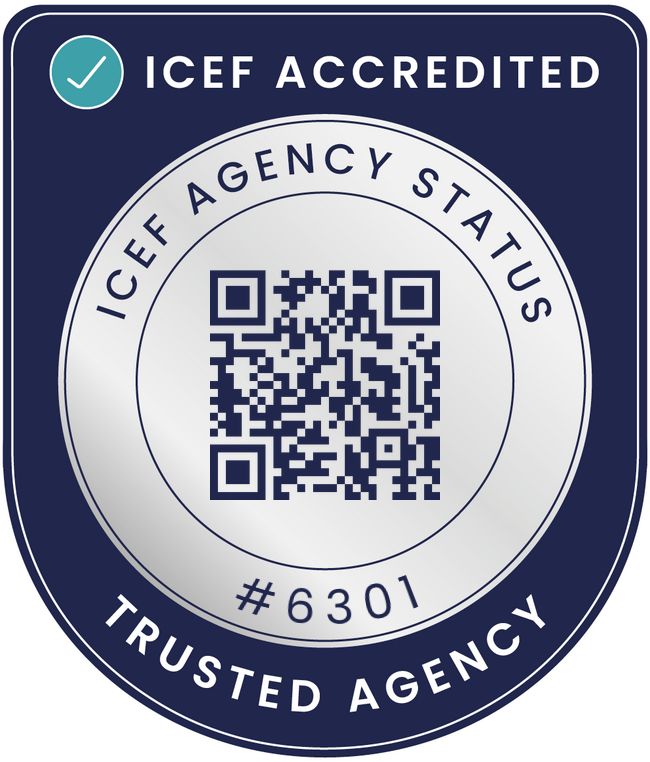 Shiva Krishna
Shiva Krishna

Many students want to study abroad, and Germany, Canada, and other nations have become popular possibilities. When planning for higher education abroad, you may frequently come across the term "Blocked Account." It may not sound very clear at first, but it's incredibly important to know what it is and why it matters before you start studying abroad.
In this blog, we'll explain what a blocked account is, why it's necessary, how to open one, and how to maintain it effectively. By the end, you'll understand how a banned account can help you study abroad.
A Blocked Account is a type of bank account that certain nations, particularly Germany, require overseas students to have. It shows that you have enough money to pay for your living costs while you study abroad.
The term "blocked" indicates that you cannot withdraw all of your money at once. Instead, the account allows you to withdraw a certain amount each month. For example, in Germany, the required blocked account balance is set to meet at least one year's living expenditures, and students are permitted to withdraw a limited quantity monthly to cover their daily needs.
In simple terms, you might think of it as a safety net for your money. It ensures that immigration authorities will not face financial difficulties throughout your stay.
To know what a blocked account is, you also need to know what it does. Here are the primary reasons why it is needed:
When applying for a student visa, several countries require proof that you can afford to reside there. A blocked account is an official guarantee that you have the funds required for your stay.
Instead of utilizing all your funds simultaneously, the account permits monthly withdrawals at a predetermined rate. This keeps students from spending too much and makes sure they always have enough money to pay for living expenses.
Countries that demand blocked accounts want to make sure that students won't need public money or have trouble paying their bills. It protects both the student and the country.
The required amount varies per country and its living expense guidelines. For example:
Germany: Students will need to deposit approximately €11,208 (around €934 per month) by 2025.
Canada: Instead of a blocked account, they utilize a Guaranteed Investment Certificate (GIC), which costs between CAD $10,000 to $20,000, depending on the location.
Other European Countries: Some have similar requirements, but the specific amounts differ.
Always check the official embassy website of the country you are applying to for the most recent information on blocked account regulations.
Here's a step-by-step guide on how the process usually works:
You can open one through an accredited bank or financial service provider in the country where you're applying. Deutsche Bank, Expatrio, and Fintiba are all well-known suppliers in Germany.
You must send the requisite amount (for Germany, €11,208). The bank then validates your deposit with a blocking confirmation letter, which you will need to provide with your visa application.
To demonstrate financial stability, submit the blocked account confirmation with your visa application.
When you arrive, you can create a standard current account and link it to your banned account. Every month, a specific sum is transferred to your current account for use.
Several banks and online suppliers facilitate this process for international students. Common choices include:
German Banks:
Deutsche Kreditbank (DKB)
Targobank
Postbank
Sparkasse
HypoVereinsbank
Volksbank
Commerzbank
Specialized Platforms:
Local Banks in India:
ICICI Bank Germany
Kotak Mahindra Bank
Deutsche Bank India
Students from India can also find reliable service choices with QCKLoans, which makes it easier to open blocked accounts for study abroad needs.
Without it, your visa application will most likely be denied in countries where it is mandatory.
You may rest assured that all of your expenses will be covered for at least a year.
Monthly withdrawals help you develop sound financial habits while studying abroad.
While blocked accounts are useful, they can also feel restrictive at times. Here are some problems that students have:
Limited Access: You can't get all your money at once, even in an emergency.
Transaction Fees: International money transfers may incur fees.
Adjustment Issues: Students who are used to having easy access to money may struggle at first.

Once you know what a blocked account is, it should be clear that it is a way to help you get started with your education abroad and is also a financial requirement. By ensuring your living expenses, you can focus on your studies and adjust to life in a new country.
If you want to study in Germany or another country with comparable laws, make sure to read up on the blocked account rules and get your money ready ahead of time. This will help you get your visa faster, with less stress, and with a better probability of getting it.
Professional advice is crucial for students in Bangalore and throughout India who are getting ready for higher education overseas. Career Gyan helps students grasp things like blocked accounts, visas, and admissions, so they are ready for their international journey.
Pursuing higher education in Medical and STEM (Science, Technology, Engineering, and Mathematics) fields opens doors.
Membership


Accreditation

Countries
2025 © All rights reserved by careergyan.co